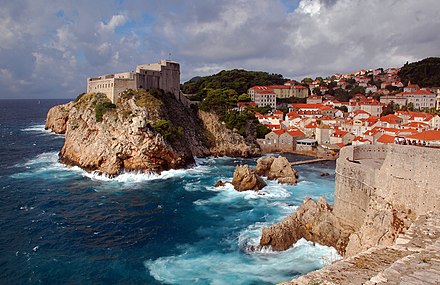A total of 75 archival collections from the period of the Dubrovnik Republic (1022-1808), preserved in the State Archives in Dubrovnik, serve as a rich historical resource, enabling a detailed study of Dubrovnik’s past, the lifestyle of its inhabitants, and providing a wealth of information about the state and legal system of Dubrovnik.
The Executive Board of UNESCO has supported the inclusion of these archival collections on the Memory of the World list, Croatia’s Ministry of Culture and Media said in a statement on Tuesday.
In 1278, the Dubrovnik authorities established a permanent communal notary and administrative service. Since then, all trade agreements, sales contracts, loan confirmations, marriage contracts, wills, and everything else that characterised the daily life of the Republic were continuously recorded until its end in 1808.

(Photo: Državni arhiv Dubrovnik)
The Dubrovnik Republic had consulates and other diplomatic missions at the courts of foreign rulers throughout the Mediterranean and Europe, and numerous traces of these contacts can be found in instructions to envoys, consul letters, and charters from European and world statesmen, kings, and emperors, ranging from Spain, the Vatican, Austria, Turkey, Germany, France, England, to Russia and the United States. For example, the Bull of Pope Benedict VIII, addressed to the then Dubrovnik Archbishop Vital, is the oldest original document, dating back to 1022.

(Photo: Državni arhiv Dubrovnik)
The continuity and quantity of preserved material, its age and value, make the archival collections from the period of the Dubrovnik Republic one of the richest in this part of Europe, a fact recognized by UNESCO in its support for this nomination.

(Photo: Državni arhiv Dubrovnik)
The final decision on the inscription of the archival collections from the period of the Dubrovnik Republic (1022-1808) on the Memory of the World list will be announced at the UNESCO General Assembly in November 2023.































